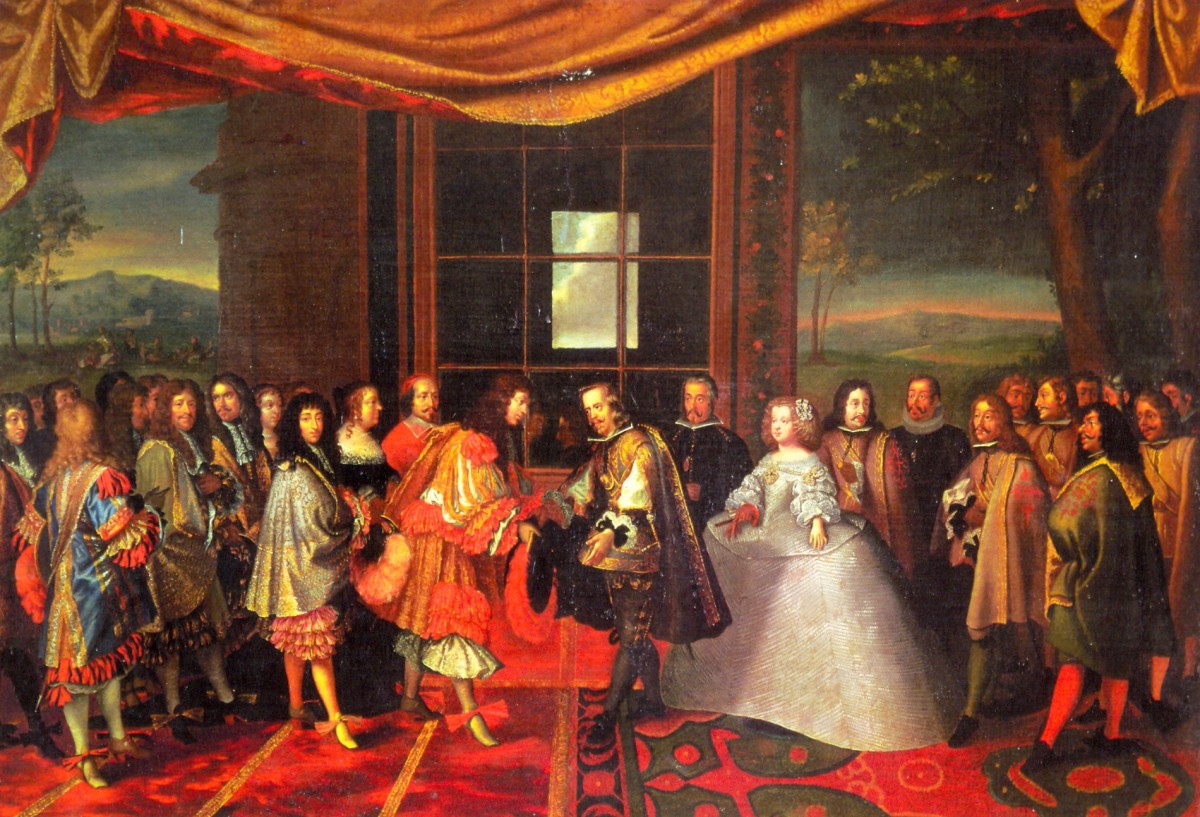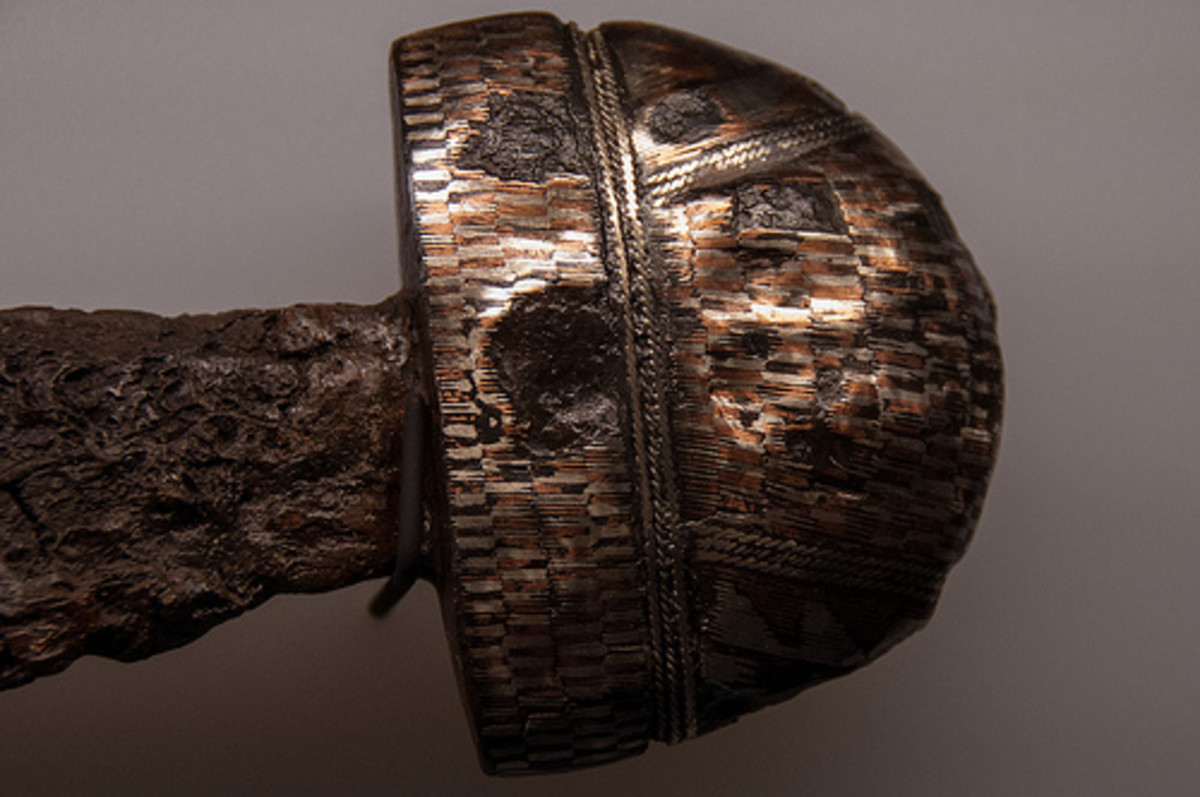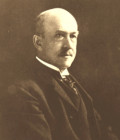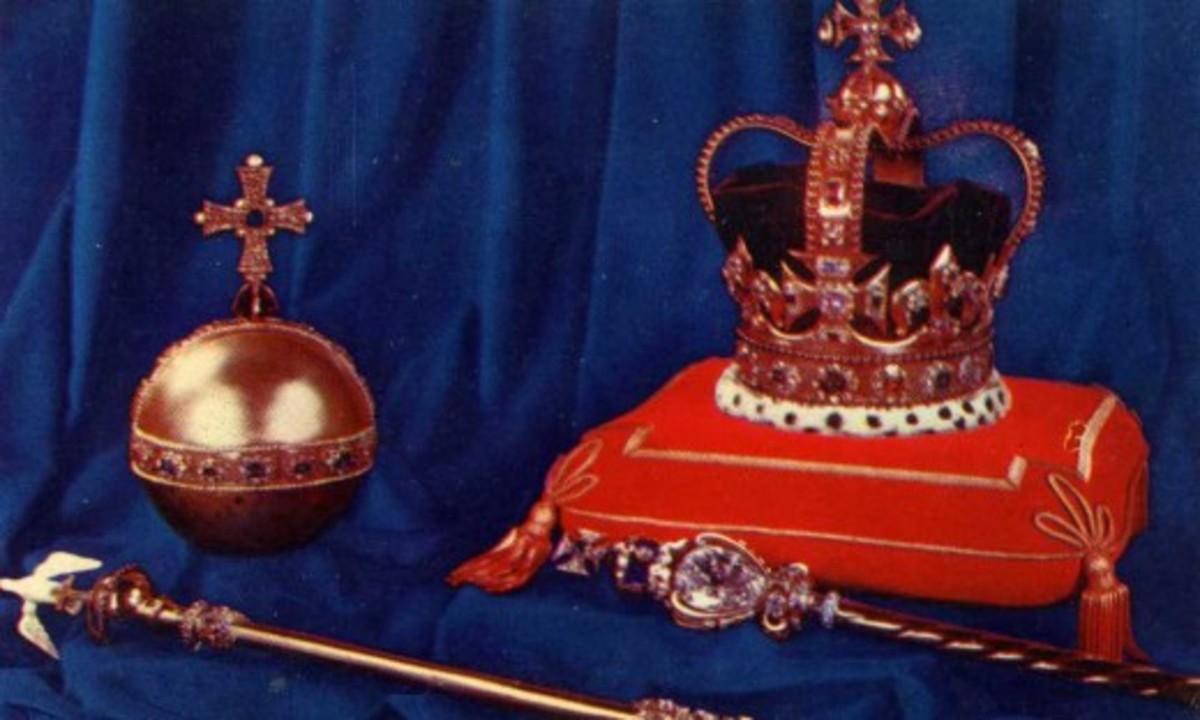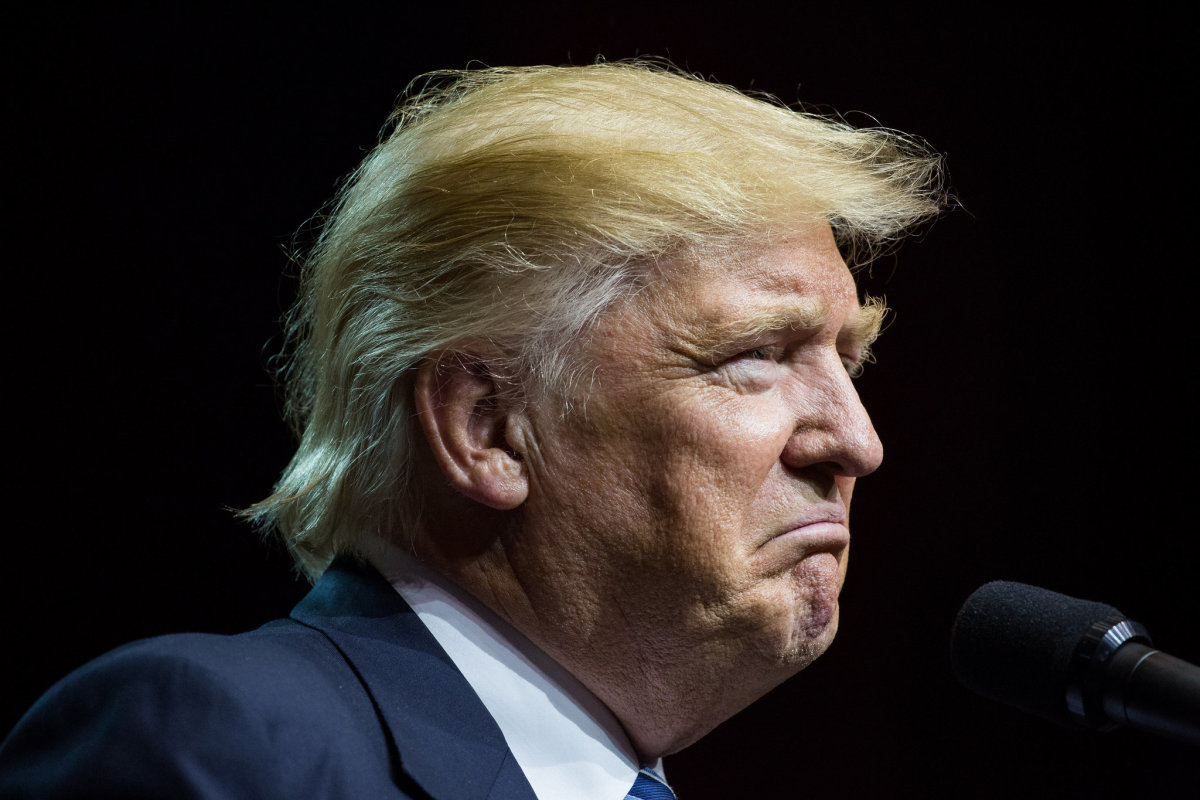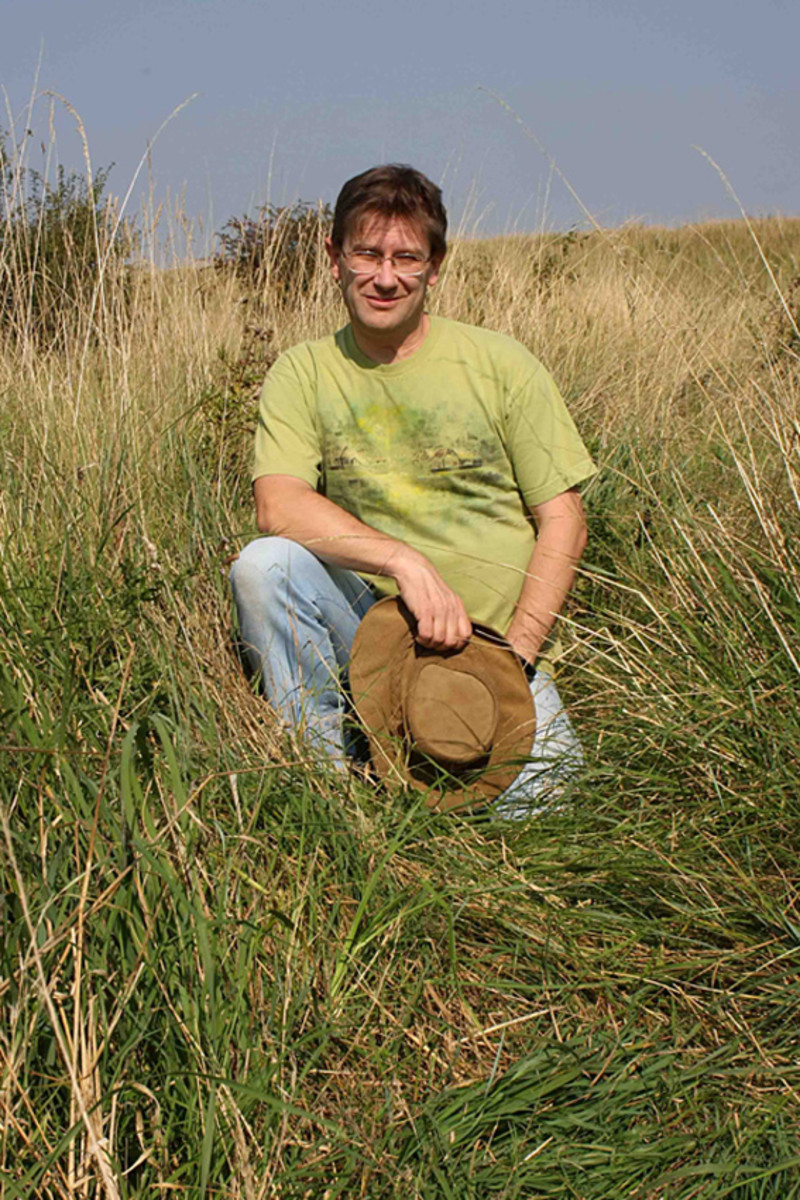Do Absolute Monarchs Wield Absolute Power? An insight into the workings of the Saudi Monarchy.
Hail To The King
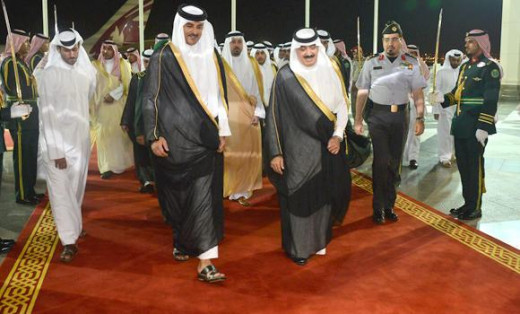
Basic Definitions
IT PRETTY MUCH MEANS THE OBVIOUS. A political entity has itself a king or queen who exercises unrestricted and unlimited controls over the governing of the state. Throughout many bygone centuries, absolute monarchy was the most common form of government for most European states up until the 1800s. Rulers typically believed they were endowed with the divine right to rule and were conveniently unopposed by the subjugated populous who often concerned themselves with tackling poverty and disease. They frequently waged wars against one another and maintained a ridged system of little or not political, economic or social mobility. Their demise was chiefly accelerated by the revolutionary ideals of the First French Republic (1792-1815) and the First World War (1914-1918). During the century of peace between these conflicts, monarchies often made concessions to their populations while retaining their status.
The Saudi monarchy came to be in the early twentieth century when King Abdulaziz Ibn Saud and his followers seized key settlements in the Arabian peninsula from various tribal factions and the Ottoman Turks were driven out by an Anglo-Arabian army during the First World War. Britain soon agreed to recognize the Saudi state and Ibn Saud as its ruler. His power was consolidated even further during the 1920s and following the discovery of oil in 1938. US president Franklin Delano Roosevelt famously met the Saudi King in February 1945 and a special relationship between two ideologically divergent states was born.
FDR and IBN
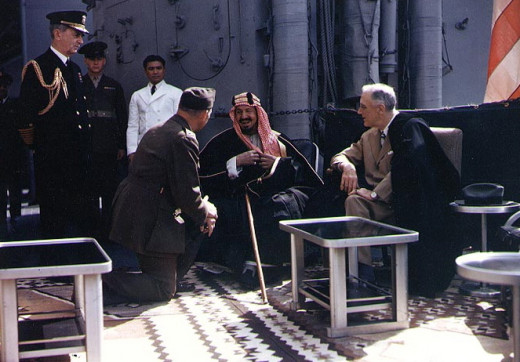
Coat of Arms
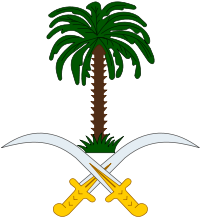
The King's Titles
The King is regarded as the head of government and the 'Custodian of the Two Holy Mosques'. As the head of government, the King appoints individuals to ministerial positions in the 'Shura Council', the closest thing Saudi Arabia has to a parliament. The 150 members are typically an advisory committee, they cannot draft and sign legislation into law without the King's approval. The council convenes to discuss, propose and petition the King on behalf of the various communities in Saudi Arabia and while the King is absolute ruler, he does often take on board the council's propositions. In spite of this, the greatest influence on the King's signature with regards to non religious issues (finance, transportation, health, security etc) is his own family and there are numerous citizens with royal blood in the highest ranking political and economic offices which function as localized rulers on behalf of the King. The inner circle factor is common in states with authoritarian regimes as well as some flawed democracies.
The Custodian of the Two Holy Mosques
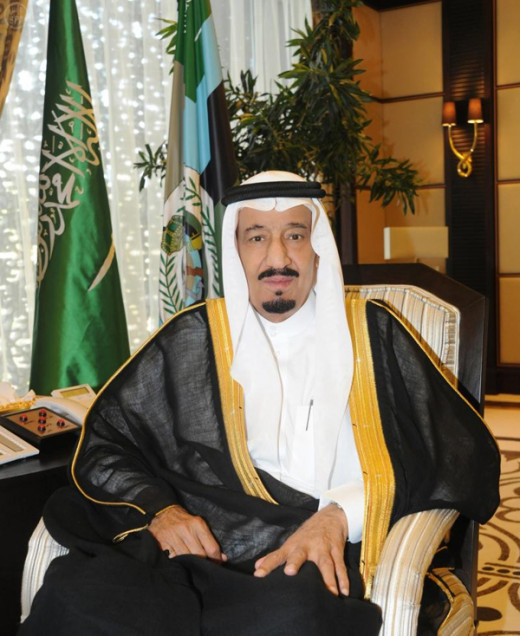
The Islam Factor
Since becoming a governable political jurisdiction, the country has functioned as an Islamic State first and an absolute monarchy second. The Saudis were an Islamic State well before the decolonization process and well before the violent rampages of the militants currently wreaking havoc in Iraq and Syria. The royal family aside, the Saudi state is under potent controls from the religious elders and clerics who thrive in a landscape still dominated by traditional Mohammedan norms. It is often forgotten that the vast, inhospitable Arabian desert has been largely cut off from contact with the outside world for most of its history. Before oil was discovered in enormous quantities, only revenues from religious pilgrims and a small patch of arable land in the South West were providing for the population and the majority of communities in the interior were isolated from foreign influence as late as the 1960s.
Many of the old guard grew up in this environment and with the culture that has existed there for centuries. From an outsider's perspective, its difficult to comprehend how a state can move from the seventh century into the twentieth century in a matter of a few decades. On the surface, modern Saudi Arabia has skyscrapers, mobile phones and international airports but the traditional Wahhabi Islamic teachings are more permeated in the country's mentality. The political actions of the royal family are very much orchestrated in line with the will of the religious authority and power is effectively shared between the King and the clergy. Sharia Law is imposed nationwide, and the Quran is the basis for the country's constitution. It explicitly states that the King is bound by the holy scriptures and must act in accordance with Islamic Law.
Riyadh; A Modern Metropolis
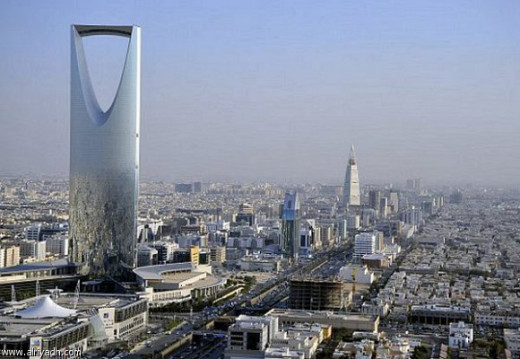
Saudi Arabia's Select Few
The King's Excesses and Limitations
The Saudi royal family has seldom overruled executions/lashings for trivial crimes such as sorcery and drunkenness due to excessive external pressures by media or the international community. The media scrutiny has revealed the royal family and indeed much of the Saudi hierarchy live according to different rules than those advocated in the criminal justice system of this puritanical society. These double standards are widely practised by privileged Saudis (and Saudi royals) that are fortunate to live or vacation abroad, furthermore the island nation of Bahrain, the United Arab Emirates and the relatively liberal republic of Lebanon host large, wealthy Saudi entourages looking for booze, casinos and prostitutes.
The laws of the Saudi Kingdom are amongst the most repressive in the world and the King's the key to reform. The word 'reform' has often been bequeathed upon the late King Abdullah by world leaders expressing condolences. They believe the King was operating in such an intangible system that the pace of change could only be accelerated to a minor degree otherwise such a radical deviation from the norms and customs of Saudi heritage would create upheaval in one of the Middle East's most stable and affluent countries. Security is one of Saudi Arabia's key issues and the recent succession has been kind to the formidable apparatus that defend against insurgence from Yemen or ISIS. The royal family is conscious that the security of its society depends upon its stability, and in this case its rigidity.
Sustained critical statements
Those who can speak from outside of the kingdom have often rejected labels such as reform and prosperous. They see the King's recent work to 'liberalise' certain components as merely cosmetic and providing little or no improvement to the lives of citizens. On terrorism, there is widespread acknowledgement that the discriminatory Wahhabi doctrine of the state is fuelling fundamentalism in the region and much of this violence is financed by wealthy, sympathetic donors in Saudi Arabia who have themselves been raised by the system. Recognised as an absolute monarchy, there is extensive condemnation of the royal family for being passive in the face of the oppression of thirty million people. They would say 'but its our culture and our tradition that stipulates we must mould the society in this austere fashion'
I would say; 'your culture is despicable and inhumane'.
CNN Link
- Dissident: 'Reforms in Saudi Arabia do not exist' - CNN Video
A former political prisoner attacks the Saudi monarchy for its repressive policies.
Interesting Fact
The Vatican or Holy See is the last surviving absolute monarchy in Europe and one of only six in the world. The smallest state in the world also holds a very unique distinction by being the only non-hereditary elected absolute monarchy.

